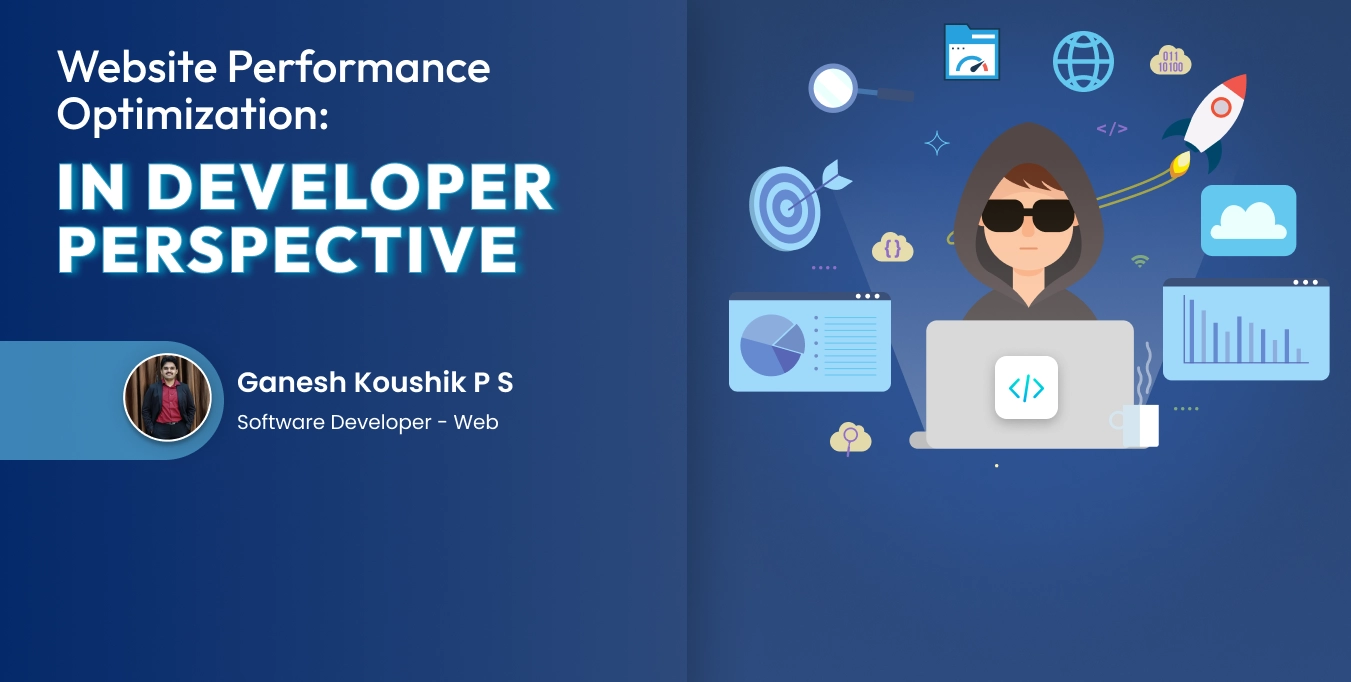The 23rd World Insights
Exploring the untold stories and events from around the globe.
Speed Demons: Turbocharge Your Website Performance
Unleash your website’s full potential! Discover expert tips to turbocharge performance and leave competitors in the dust.
5 Essential Tips to Boost Your Website Loading Speed
In today’s digital landscape, having a fast-loading website is crucial for retaining visitors and improving your SEO rankings. Here are 5 essential tips to help you boost your website loading speed. First, consider optimizing your images by using formats like JPEG for photos and PNG for graphics with transparency. Compressing these images can reduce their file size significantly without sacrificing quality, ensuring that your pages load faster while maintaining a professional appearance.
Secondly, leverage browser caching to store frequently accessed files on users' devices. This way, when they revisit your site, their browser can quickly retrieve these files instead of downloading them again, enhancing the loading speed. You might also want to minimize your CSS and JavaScript files by eliminating unnecessary code, which can reduce their overall size and improve performance. Implementing these strategies can greatly enhance user experience and keep your bounce rates low.

What Are the Most Common Factors Slowing Down Your Website?
There are several common factors that can significantly slow down your website's performance. Image size is one of the most critical aspects; oversized images can lead to increased loading times. To address this, consider using image compression tools and appropriate formats like JPEG or WebP. Furthermore, unoptimized code, including excessive use of inline styles or unnecessary scripts, can also hamper your site speed. Regularly audit your website's code and remove any bloat to enhance load times.
Another vital factor is server response time. If your hosting provider isn't up to par, even a well-optimized site can suffer. To improve server response times, consider upgrading your hosting plan or switching to a server with better performance metrics. Additionally, the use of too many plugins can introduce significant delays, especially on platforms like WordPress. Aim to streamline your site by disabling or deleting any unnecessary plugins that may be affecting your website's speed.
How to Optimize Images for Lightning-Fast Page Loads
To ensure your website provides a seamless experience, it is crucial to optimize images for lightning-fast page loads. Start by selecting the right file format: use JPEG for photographs to balance quality and file size, PNG for images requiring transparency, and SVG for vector images to maintain scalability without losing quality. Additionally, consider using WebP format, which offers superior compression rates while maintaining high quality. Always resize your images to the dimensions they will be displayed at—this reduces unnecessary loading of oversized files.
Further enhance your site's speed by compressing images using tools like ImageOptim or TinyPNG. After compression, implement lazy loading to defer the loading of off-screen images, which ensures that only the visible content is prioritized, thus improving initial page load times. Lastly, remember to add relevant alt attributes to your images, which not only enhances SEO but also aids in accessibility. By following these techniques, you can significantly boost your website's performance and user experience.